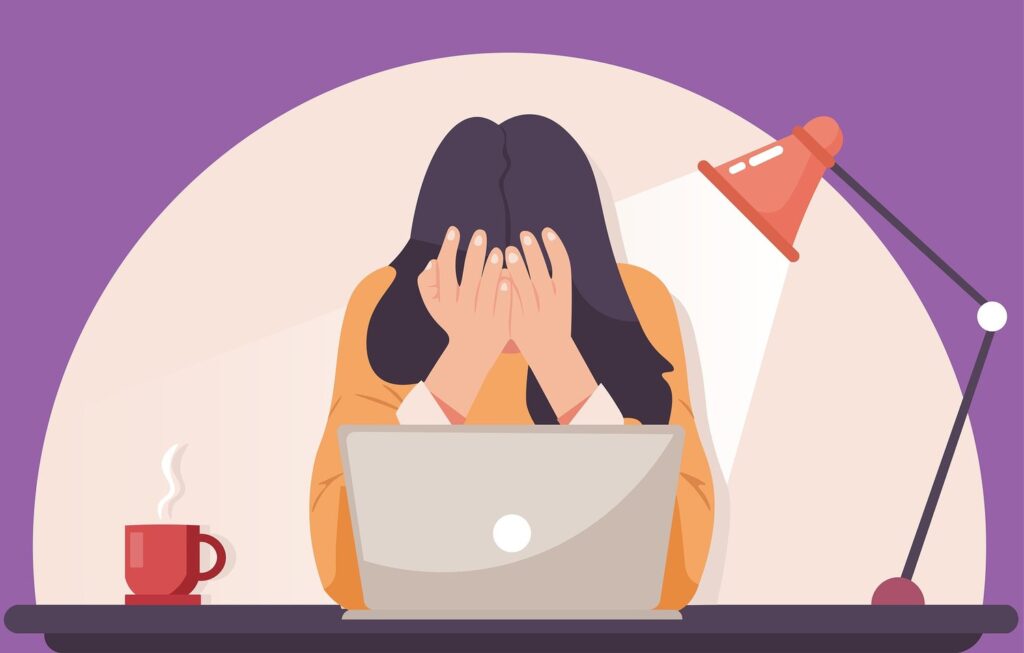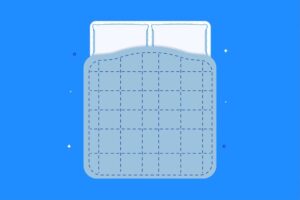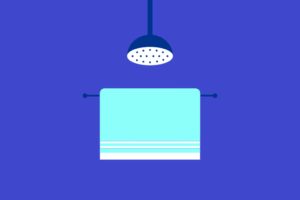The Science of Late-Night time Cramming: Does Learning Earlier than Mattress Truly Work?

It’s the evening earlier than a giant examination, and also you’re buried in textbooks, highlighter in a single hand, caffeine within the different. You inform your self, Only one extra hour—however at what value? Whereas last-minute cramming could really feel productive, it may possibly truly work towards your mind’s means to retain data. Sleep performs an important function in reminiscence consolidation, and neglecting it in favor of additional examine time may very well be hurting your efficiency greater than serving to it. So, does finding out earlier than mattress improve reminiscence, or is it only a fable? Let’s dive into the science behind sleep and studying.
Once you drift off to sleep, your mind doesn’t shut down—it will get to work organizing every little thing you’ve discovered all through the day. Your sleep cycle has completely different levels, every enjoying a key function in reminiscence processing. Gradual-Wave Sleep (SWS), which happens within the early a part of your sleep cycle, is important for storing info and declarative data—like historic dates or scientific formulation (Diekelmann & Born, 2010). That is when your mind recordsdata away all these flashcards you studied.
Later within the evening, Speedy Eye Motion (REM) Sleep takes over. That is when dreaming occurs, and it’s important for procedural reminiscence—serving to you keep abilities, corresponding to fixing advanced math issues or enjoying an instrument (Stickgold, 2005). Each SWS and REM sleep work collectively to strengthen long-term reminiscence.
Learning proper earlier than mattress could be helpful because the data remains to be recent when your mind begins its nightly reminiscence consolidation. Analysis reveals that in sleep, the mind “replays” just lately discovered data, reinforcing neural connections (Rasch & Born, 2013). Some research even recommend that exposing your self to particular sounds or smells whereas finding out after which reintroducing them throughout sleep—referred to as Focused Reminiscence Reactivation—can enhance recall (Oudiette & Paller, 2013).
However right here’s the draw back: if late-night cramming cuts into your sleep time, you’re doing extra hurt than good. One examine discovered that sleep-deprived college students remembered fewer phrases—solely about three in comparison with well-rested college students, who recalled about 5 (Payne et al., 2012). One other examine from UCLA revealed that college students who sacrificed sleep for further finding out carried out worse academically the next day (Spaeth et al., 2018). Once you don’t get sufficient sleep, your mind struggles to correctly retailer and retrieve data, making test-taking even more durable.

It’s not simply in regards to the hours of sleep but additionally the standard. Teenagers want about 8-10 hours of sleep for optimum mind operate (Hirshkowitz et al., 2015). Lack of sleep doesn’t simply damage reminiscence—it impacts emotional regulation, too. Ever felt further irritable after an all-nighter? That’s as a result of sleep deprivation impacts the amygdala, making it more durable to handle stress (Walker & van der Helm, 2009). A drained mind isn’t an environment friendly mind, and once you’re exhausted, recalling data throughout an examination turns into a battle.
So, how will you maximize each finding out and sleep? As a substitute of ready till the final minute, goal to finish intense examine classes earlier within the night. This offers your mind time to wind down earlier than mattress, bettering each sleep high quality and reminiscence retention. Sticking to a constant sleep schedule additionally helps, because it retains your sleep cycles secure. Earlier than mattress, dim the lights, keep away from screens (blue gentle tips your mind into staying awake), and skip caffeine. In the event you should examine earlier than sleep, use that point to evaluate quite than be taught new materials—this primes your mind for reminiscence consolidation with out overloading it.

Learning earlier than mattress generally is a helpful technique for reminiscence retention, however provided that it doesn’t lower into your complete sleep time. Sleep isn’t only a break from finding out—it’s a necessary a part of the training course of. So, as an alternative of pulling an all-nighter, strive closing the books earlier and letting your mind do what it does finest when you sleep. Your future self will thanks once you’re breezing via that check with a well-rested thoughts.
Diekelmann, S., & Born, J. (2010). The reminiscence operate of sleep. Nature Evaluations Neuroscience, 11(2), 114-126.
Hirshkowitz, M., Whiton, Ok., Albert, S. M., Alessi, C., Bruni, O., DonCarlos, L., … & Croft, J. B. (2015). Nationwide Sleep Basis’s sleep time period suggestions: Methodology and outcomes abstract. Sleep Well being, 1(1), 40-43.
Oudiette, D., & Paller, Ok. A. (2013). Upgrading the sleeping mind with focused reminiscence reactivation. Developments in Cognitive Sciences, 17(3), 142-149.
Payne, J. D., Tucker, M. A., Ellenbogen, J. M., Wamsley, E. J., Walker, M. P., Schacter, D. L., & Stickgold, R. (2012). Reminiscence for semantically associated and unrelated declarative data: The advantage of sleep, the price of wake. PLOS ONE, 7(3), e33079.
Rasch, B., & Born, J. (2013). About sleep’s function in reminiscence. Physiological Evaluations, 93(2), 681-766.
Spaeth, A. M., Goel, N., Dinges, D. F., & Czeisler, C. A. (2018). The affect of sleep on studying and reminiscence. Present Opinion in Behavioral Sciences, 25, 80-86.
Stickgold, R. (2005). Sleep-dependent reminiscence consolidation. Nature, 437(7063), 1272-1278.
Walker, M. P., & van der Helm, E. (2009). In a single day remedy? The function of sleep in emotional mind processing. Psychological Bulletin, 135(5), 731-748.







